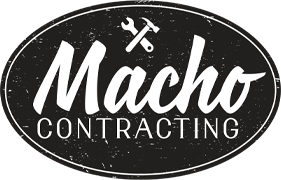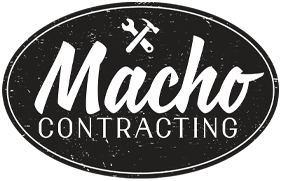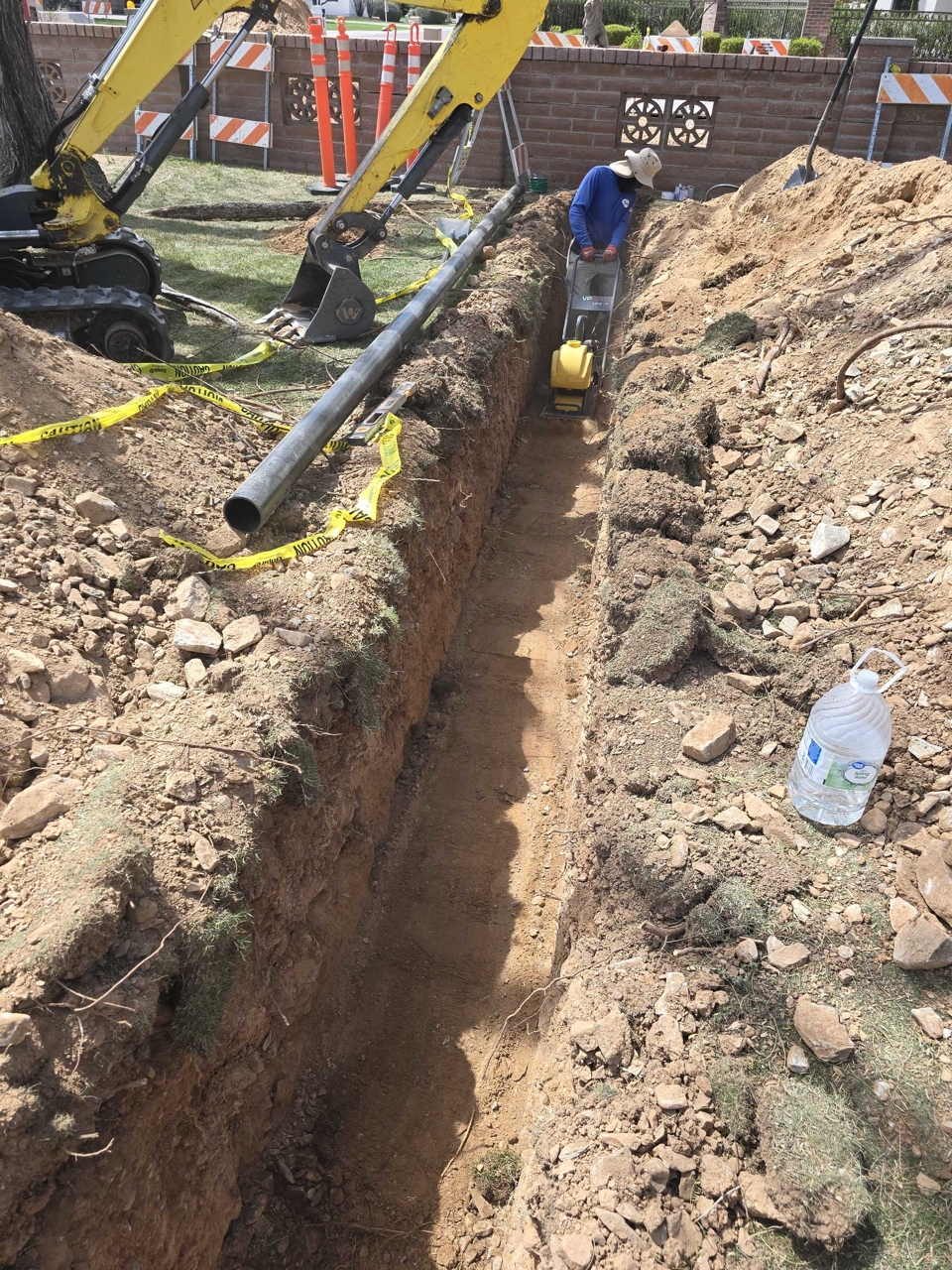Experiencing the nightmare of dirty water backing up into your shower is often a telltale sign of a plumbing blockage within your home. When any of your drain pipes, including those from your toilet, bathroom sink, dishwasher, or washing machine, become clogged, water may find its way to your shower. Identifying the primary culprit is crucial before attempting to clear the line.
Clearing a clogged main sewer line can sometimes be tackled with gloves and a plunger for simpler clogs. However, persistent clogs that keep recurring may be a symptom of more significant issues, potentially leading to sewage line backups. If your main drain consistently clogs, it's best to enlist the expertise of a licensed plumber to address the blocked drain promptly.
Common reasons for blocked sewer lines:
Several factors can contribute to blocked main drains and sewage lines, including sagging, fractured, or broken sewer pipes, invasive tree roots obstructing sewage drainage, and inappropriate disposal of items such as baby wipes, diapers, feminine products, and paper towels down the drain. Pouring grease, fats, or oils down the drain can also lead to coagulation over time, resulting in blockages and obstruction.
Toilet paper and sewer line clogs:
While it's essential to only flush human waste and toilet tissue, even items intended for disposal by a toilet or sewage system can cause clogs. Excessive toilet paper may block pipes as it doesn't dissolve quickly in water. If toilet paper is too thick and takes too long to soften, it can lead to drain clogs, particularly in older or poorly maintained sewer systems.
Consequences of ignoring drain clogs:
Minor clogs can often be cleared with household tools, but recurrent blockages may indicate a more significant issue. Major blockages typically result from the accumulation of soap residue, fats, hair, and organic matter over time. Failure to address significant blockages can lead to increased frequency of minor clogs and even severe issues like tree roots infiltrating the drain pipe.
Maintenance of sewer lines:
Regular maintenance of sewer pipes is essential to ensure proper function. Most homeowners only address their sewage system when a clog occurs, but preventative measures are crucial to preventing serious obstacles. It's recommended to have sewer lines inspected and cleaned by a qualified plumber every 18 to 22 months to prevent costly repairs and replacements in the future.
If you notice any of the signs mentioned and your main drain remains clogged, don't hesitate to contact us to inspect and fix your sewage line promptly.






